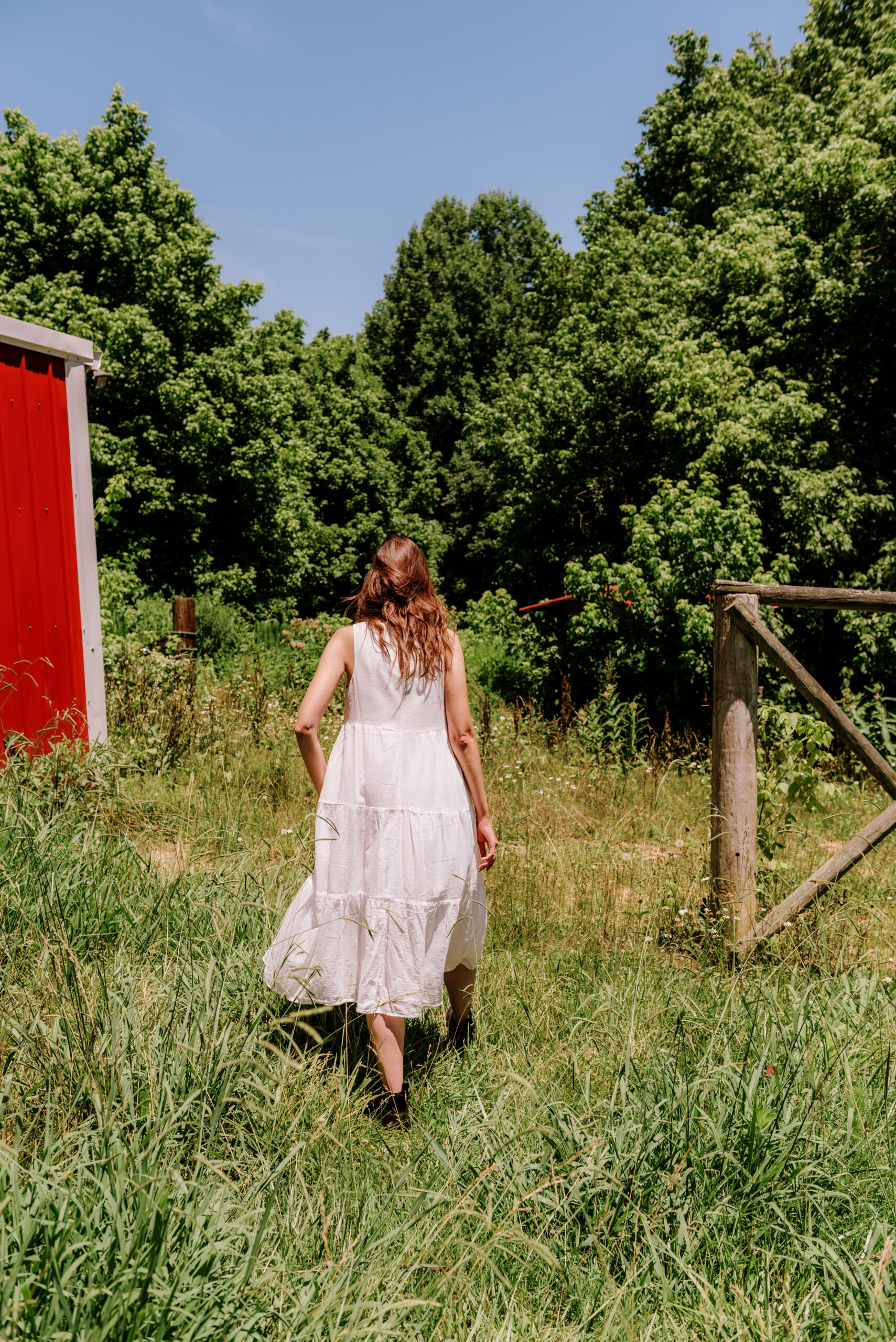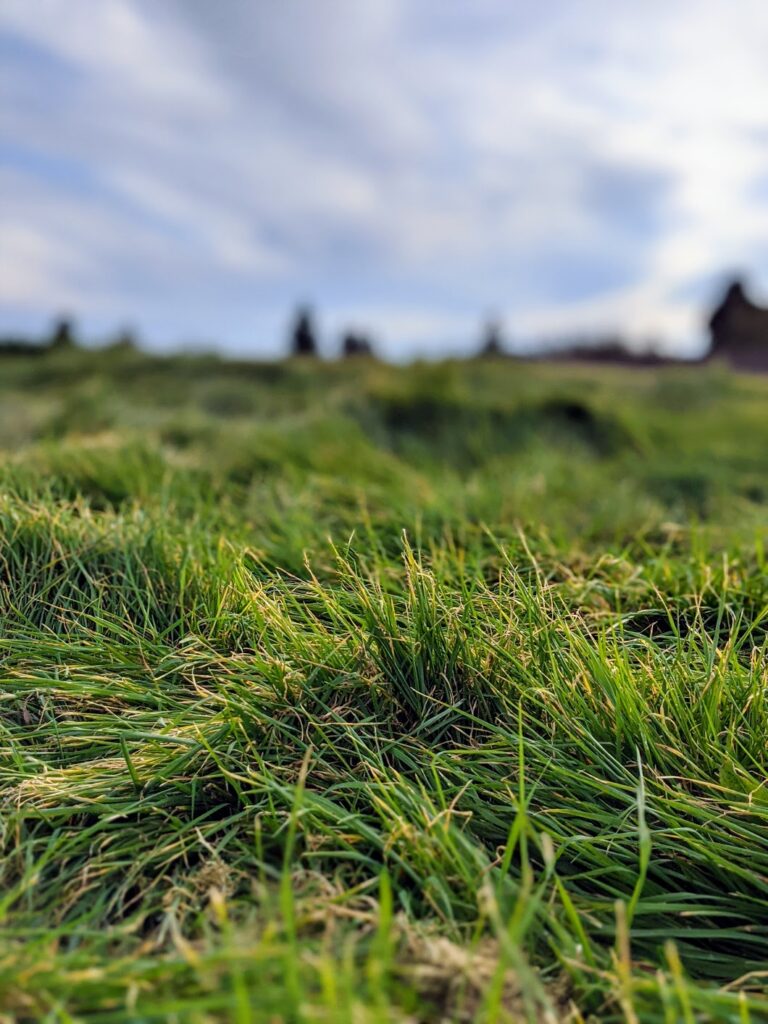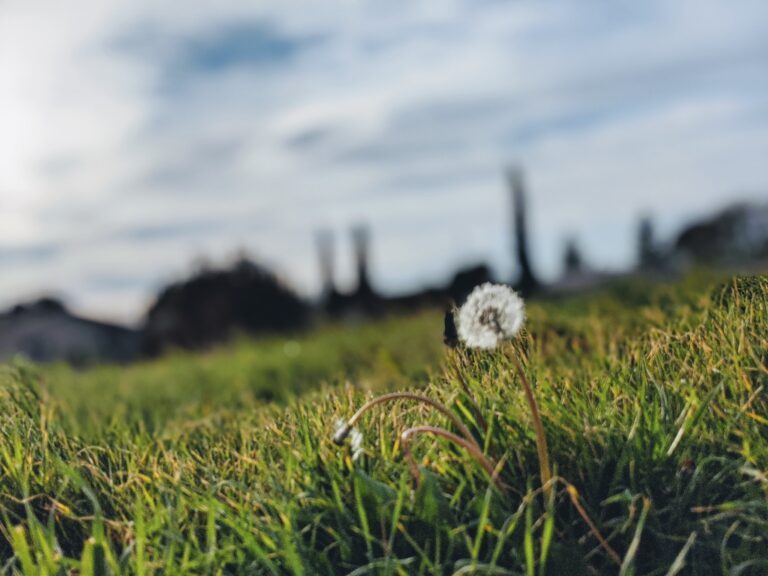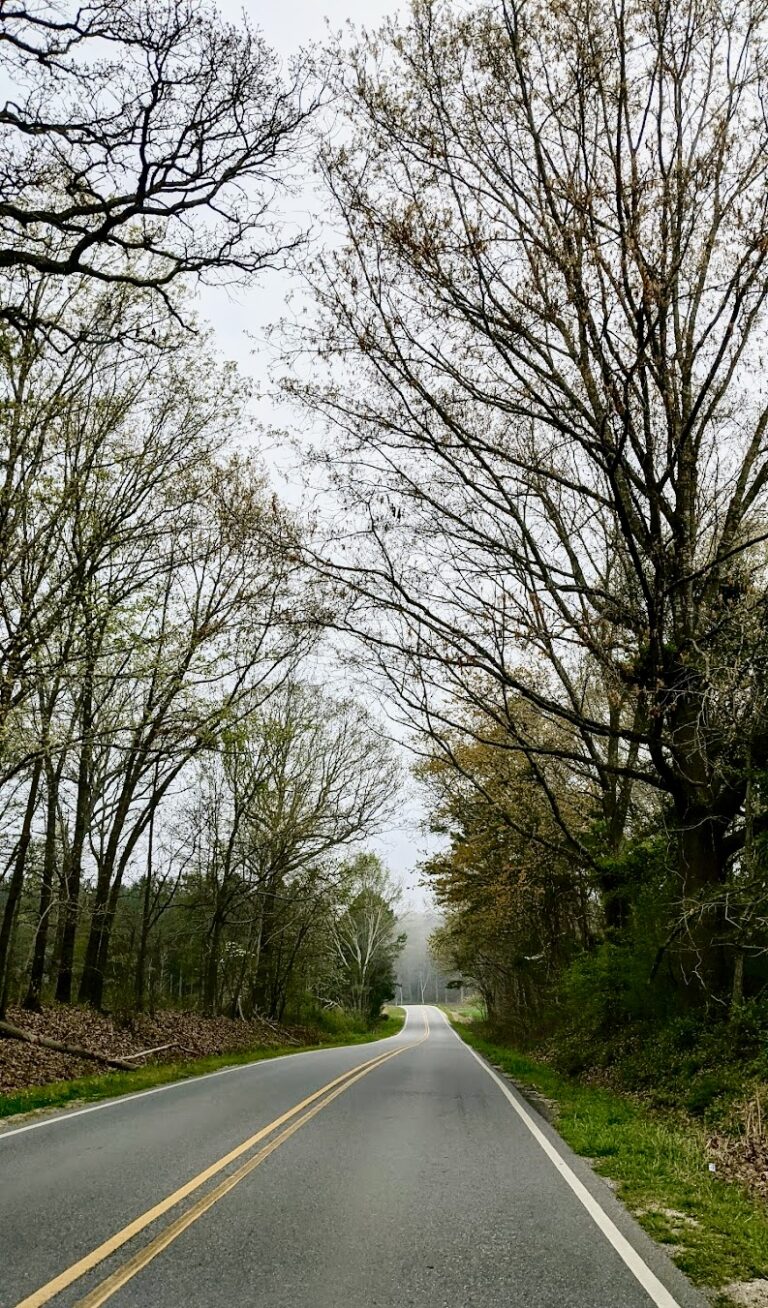Hope and Suffering: What I Learned from Shawshank Redemption
For a while now, I have been wanting to write about the place of hope in suffering, the point of suffering, and the obvious pains, doubts, and frustrations that go along with suffering. It has not been an easy post to write, but weirdly I found that one of the best structures I can use to talk about this subject is through one of my favorite movies, Shawshank Redemption. I want to share five themes in this movie that relate to suffering.

If you haven’t watched the movie, I recommend watching it first to get the references. Side note for the skeptics: I actually hated this movie for a very, very long time. I still do in many ways. It is extremely hard for me to get through the graphic scenes describing life for Andy, the main character, and the other men subjected to varied abuses in prison. It repulses me and angers me to the core of my being. Nonetheless, as I watched Shawshank Redemption this time around, I realized that (as in our daily lives) it’s actually the most difficult, painful scenes that must be addressed if we want to truly acknowledge the transfigured life that comes from death.
Acceptance
For those of you who have been through seriously rough times in your life, you get what I mean when I say that I appreciate a movie that reflects the depth of pain while still providing hope. It’s the struggle, the fight, the anger at the situation, that resonates with our souls and speaks to the part of our spirit that doesn’t quite have words. Suffering, in many ways, does not make sense. As Kallistos Ware says in his book, The Inner Kingdom,
“Each of us is called at some point in life to face disappointment, the loss of those we love, and pain either physical or mental. In a fallen world such suffering is unavoidable. The crucial question is how we face this suffering. For only by confronting it affirmatively, with willing acceptance, can we make the suffering creative. In itself suffering is an evil. It is not part of God’s original plan for His Creation: He made us not for sorrow but for joy- as St John Climacus puts it, not for mourning but for laughter. Upon some people the effects of suffering are utterly destructive, leading to nothing but bitterness and despair. We are not to say that suffering as such is a blessing from God. And yet, by the divine mercy, what is in itself evil can be turned to good. As Iulia de Beausobre insists in Creative Suffering– probably her most profound work- suffering can be used. Something can be made of it” (116).
In Shawshank Redemption, we see this exact theme taking place, Andy’s suffering being made of use and turned for good. Even though Andy knows he is innocent from the moment of his conviction, he also accepts the injustice by submitting himself to the sentence he has been given. He takes all the disgusting parts of life in prison, and he makes something of it. We intrinsically know there is a difference between suffering hopelessly and suffering well. Acceptance and yielding to the ache allow us to move from that place to a place of internal freedom, even if our outward circumstances may not change.
The Invisible Coat
Red, a fellow prisoner/narrator/Andy’s friend played by Morgan Freeman, describes some of his first impressions about Andy Dufresne when Andy first arrives. Red says, “I could see why some of the boys took him for snobby. He had a quiet way about him, a walk and a talk that just wasn’t normal around here. He strolled. Like a man in a park without a care or worry. Like he had on an invisible coat that would shield him from this place… Yes, I think it would be fair to say I liked Andy from the start.”
This one quote makes my soul well up with tears every time I hear it. Do you know someone like this? A person who just seems to walk with grace, strength and humility even in their weakness? How is it that some people walk around with a sense of purpose and determination despite the injustice? I think the secret might be found in this outlook that Andy has.
Thinking of others who emulate Andy’s spirit in real life makes me think about myself. “Am I like this?” In my health, my financial situation, my loneliness, my job loss, my relationships, am I someone who walks with consistent longsuffering and grace? For myself, with a sick body that aches to be healthy, this quote challenges my soul to rise above its circumstances. In my personal life, I strive to wear my worn-down body proudly, with an invisible coat in between the flesh and the mind so that when I walk and talk, I’m shielded from even myself in the sick, stuck, helpless place that can be my autoimmune diseases. Accepting the struggle, yes, but safe under the care of our souls entrusted to God. That’s what this invisible coat is about. Likewise, I think that every one of us who has been stuck between a rock and hard place can testify that we wish we had a little more strength, grit, or fight to be able to bear the struggle with dignity. I hope we can learn from Andy together.
Unexpected Hope
“Remember Red, hope is a good thing, maybe the best of things, and no good thing ever dies.” -Andy
This quote makes me want to just fall on the floor and melt. Because it’s painful. Because it’s true. Because it’s something to wrestle with. If you’ve had your hopes dashed, you know that a quote like this doesn’t always bring about the resonance that your experience discloses. Sure, hope is a good thing. In theory. In reality, hope sucks. It sucks because of the times when it’s been taken away. And is it really the best thing? Well, maybe. Depending on where you’re at in your journey, it may very well be. But to start with, sometimes it doesn’t feel like it.
So here’s where I’ll shift to talk about my resolve with this quote and why it’s worth paying attention to. Let’s imagine you choose not to hope for the future or that good will ever come again. If that’s true, then you’re stuck with the options of confusion, doubt, or despondency. Confusion because you ask “Why am I suffering? It doesn’t make sense.” Doubt because you say “There’s no point to my suffering. Where’s the meaning or purpose behind it? Where’s God in this?” And despondency, because nothing becomes worth living for; it’s the ultimate apathy of not caring for life itself. In the non-sensical-ness of these emotions and realities, you start to make vows to yourself that you’re never going to hope again, that your attempts at positive thinking are worthless because they only get destroyed by the realities of life. However, if you never hope, then you never choose to try an alternative. So basically, you’re absolutely right. You’ll never get better or escape your current situation. On the other hand, hope is a beautiful thing, and maybe the best of things, because it shows that you believe beyond what you can see. This is when miracles happen. Our minds are so incredibly powerful, and there is a fundamentally free choice that each of us has to choose our own reality. Like a child who instinctively knows that their mother will come back to their crib to pick them up after their nap, we must also trust that God knows what He is doing in the hard times when He seems to be silent.
Real Freedom
After being released from 62 years of prison, Red says, “I find I’m so excited that I can barely sit still or hold a thought in my head. I think it’s the excitement only a free man can feel. A free man at a start of a long journey whose conclusion is uncertain. I hope I can make it across the border. I hope to see my friend and shake his hand. I hope the Pacific is as blue as it has been in my dreams. I hope.”
This is a man who was so close to giving up and committing suicide like his buddy Brooks does after being released from a lifetime in prison. Yet what keeps Red sane is the inspiration of another person’s outlook. That’s what we need in our suffering: to be able to see things from a different perspective and recognize the beauty there is in looking up and out, not always in and down.
As for the content of this quote, I think this is a picture of true health. You know you’re starting to heal when you understand that your conclusion is uncertain. It’s not written. That’s the beauty of it. We spend all this time trying to control our outcomes, but it’s in the un-learning of the illusion of control that we actually gain our true sight. True sight is able to hope and to dream of what lies ahead, the beauty and perfection (without pain or suffering) that we’ve been looking for. Eternity.
The Baptism of Crawling Through S***
“Andy Dufresne – Who Crawled Through A River Of S*** And Came Out Clean on The Other Side.” -Red
This is the goal of our lives. We have to be given the chance to fight death. That’s the beauty of life. That’s why we don’t just give up. It’s because as humans, we need every opportunity to overcome and prove that death doesn’t own us or trample us. Yes, we all have our expiration on this earth, but because Jesus resurrected from being dead and is still alive today for Eternity, we too walk with him into his death and into the hope of life. As Kallistos Ware continues in his book, The Inner Kingdom,
“It all depends upon the inward attitude of the sufferer, and of those close to him or her. We can meet suffering with resentment and rebellious defiance, in which case it may well annihilate us spiritually. Alternatively, we can meet it with passive resignation, in which case it may act like an acid, corroding our character, making us unpersons, moral zombies. Or we may meet it actively, in a spirit of love; in which case the suffering can be accepted, offered, and through this offering transfigured. It is certainly not easy, but it is the way of Christ” (116).
It is for this reason that I say that Andy’s forbearance is one that ultimately results in his “transfiguration,” allowing him to “come clean on the other side.” The struggle in this life may actually be the best gift we could receive because of the energizing power it has to reconcile us to Christ and unite ourselves to Him in suffering. Although suffering is difficult to accept as being from God, it may actually be the one thing that saves us. Jesus proved that first with his own willing suffering.
In conclusion, I think it is fitting to reflect on one of the most quoted statements in the entire movie. I think it’s one for each of us to think on individually and ongoingly. While it is easy to get caught up in the confusion, doubt, and despair of suffering, I believe that it is often better to stop myself from circling around the unanswered questions, and instead, yield quietly to my faithful Creator while doing good (1 Peter 4:19). This too shall pass. Therefore, Get busy living, or get busy dying.

This post may contain affiliate links, meaning, at no additional cost to you, I will earn a commission if you click through and make a qualifying purchase.






